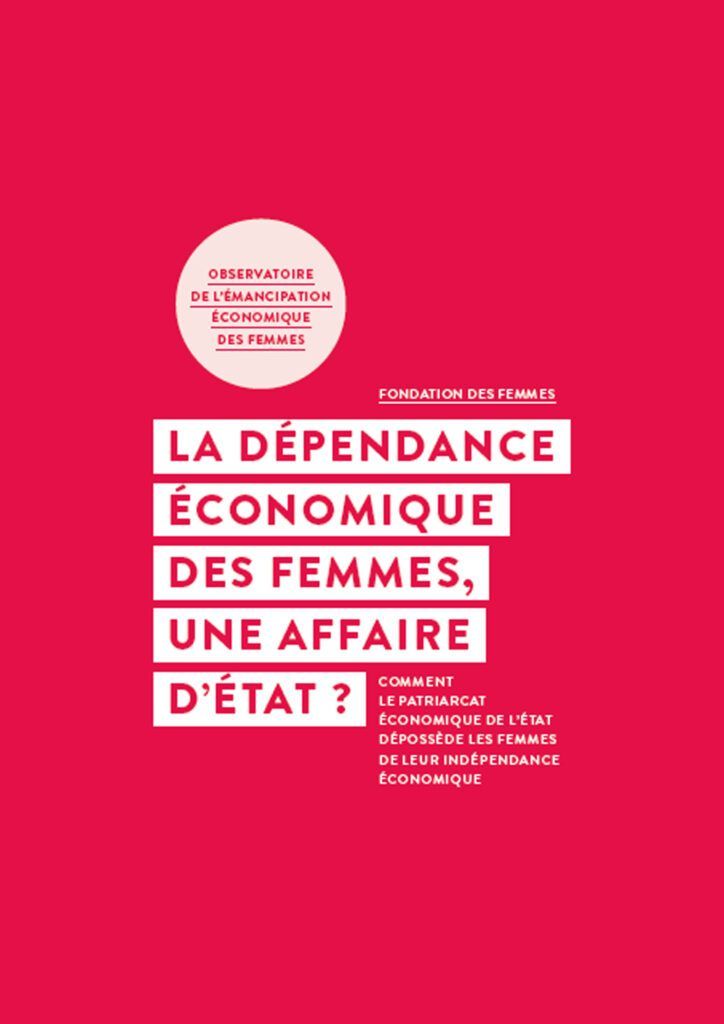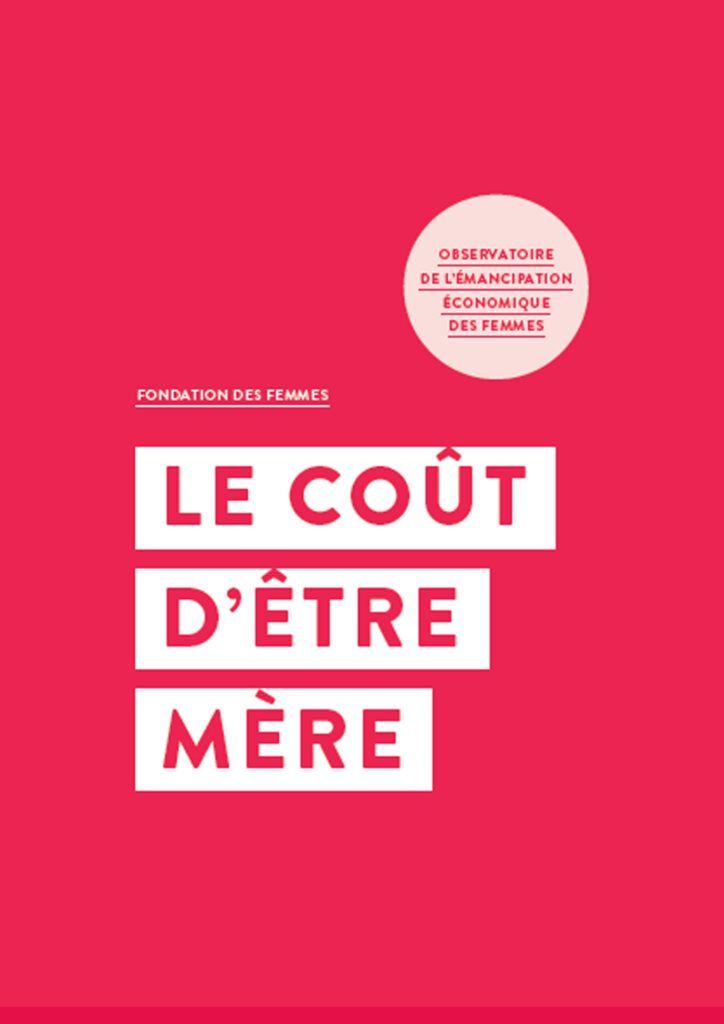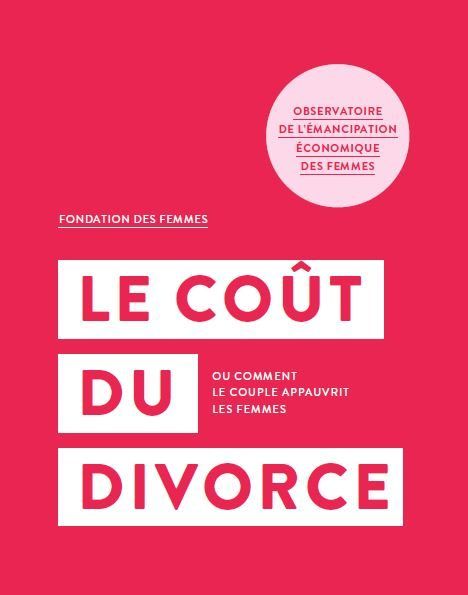Institutional
Observatory for women's economic emancipation
Launched in 2022, thanks to the support of Crédit Municipal de Paris, the Observatoire de l'émancipation économique examines all the factors behind women's precariousness, and more broadly the issue of women's money.
A patron of the Women's Foundation since 2018, Crédit Municipal de Paris has chosen to intensify its partnership in 2022 by supporting the creation of the Observatoire de l'émancipation économique des femmes. A major project born of a shared desire: to finally grasp the issues of women's precariousness and financial independence, questions too often absent from public debate.
It's also an important commitment for our bank, which provides day-to-day support to Parisians in financial difficulty. Crédit Municipal de Paris sees an over-representation of women among its customers. This imbalance reflects long-standing and persistent economic inequalities, which Crédit Municipal de Paris, alongside the Women's Foundation, is determined to combat.
The Observatoire de l'émancipation économique des femmes is tasked with producing in-depth studies on major economic issues, identifying blind spots in public action and proposing concrete solutions for political leaders to consider.
The Observatory's first products are the fruit of the work of three experts: Lucile Peytavin, Lucile Quillet and Hélène Gherbi.

Lucile Peytavin
Historian specializing in women's rights
Author of Le coût de la virilité published by Anne Carrière and Psytel expert.

Lucile Quillet
expert in women's work
Author of the essay Le Prix à payer, ce que le couple hétéro coûte aux femmes, published by Les Liens qui Libèrent.

Hélène Gherbi
Founder of FEMCA, lecturer
Author of Développez vos super-pouvoirs
financiers , published by Hachette.
The cost of justice for victims of violence
In a first note, they set out to estimate the cost of justice for victims of violence. Five years after #MeToo, this note puts an end to the mortifying prejudices that lead people to believe that victims of sexual violence obtain large sums of money, when on the contrary, their legal career represents a considerable financial and psychological cost.

Women's economic dependence: a matter for the state?
A second note, published in early 2023, looks at the tax and welfare system and how it sustains the economic imbalance between men and women.
A round-table discussion organized at Crédit Municipal de Paris to mark the launch of the note brought together Lucile Quillet and Lucile Peytavin, authors of the note, as well as Marie-Pierre Rixain, Member of Parliament, Anna Matteoli, Director of the Centre d'Information sur les Droits des Femmes et des Familles (CIDFF) du Bas Rhin, Nadia Chekkouri, Deputy Director of the Financial Inclusion and Culture Department at Crédit Municipal de Paris, and Anne-Cécile Mailfert, President of the Fondation des Femmes, on the theme "Women's economic dependence: a matter for the state? ".

The cost of being a mother
The third note looks at the cost of motherhood. In it, the Observatory draws a stark conclusion: parenthood accentuates the risk of precariousness for women. Professional discrimination, a sudden reduction in working hours, loss of income and invisible expenses, psychological and physical impacts, an explosion in domestic work... even today, being a mother comes with multiple and lasting costs.

The cost of divorce
The fourth note looks at the cost of separation for women. Hélène Gherbi and Lucile Peytavin describe the many mechanisms that lead to women's economic fragility during and after marriage. They reveal some alarming figures, including the fact that 20% of women, and even 34% of women with children, fall into poverty at the time of divorce.
